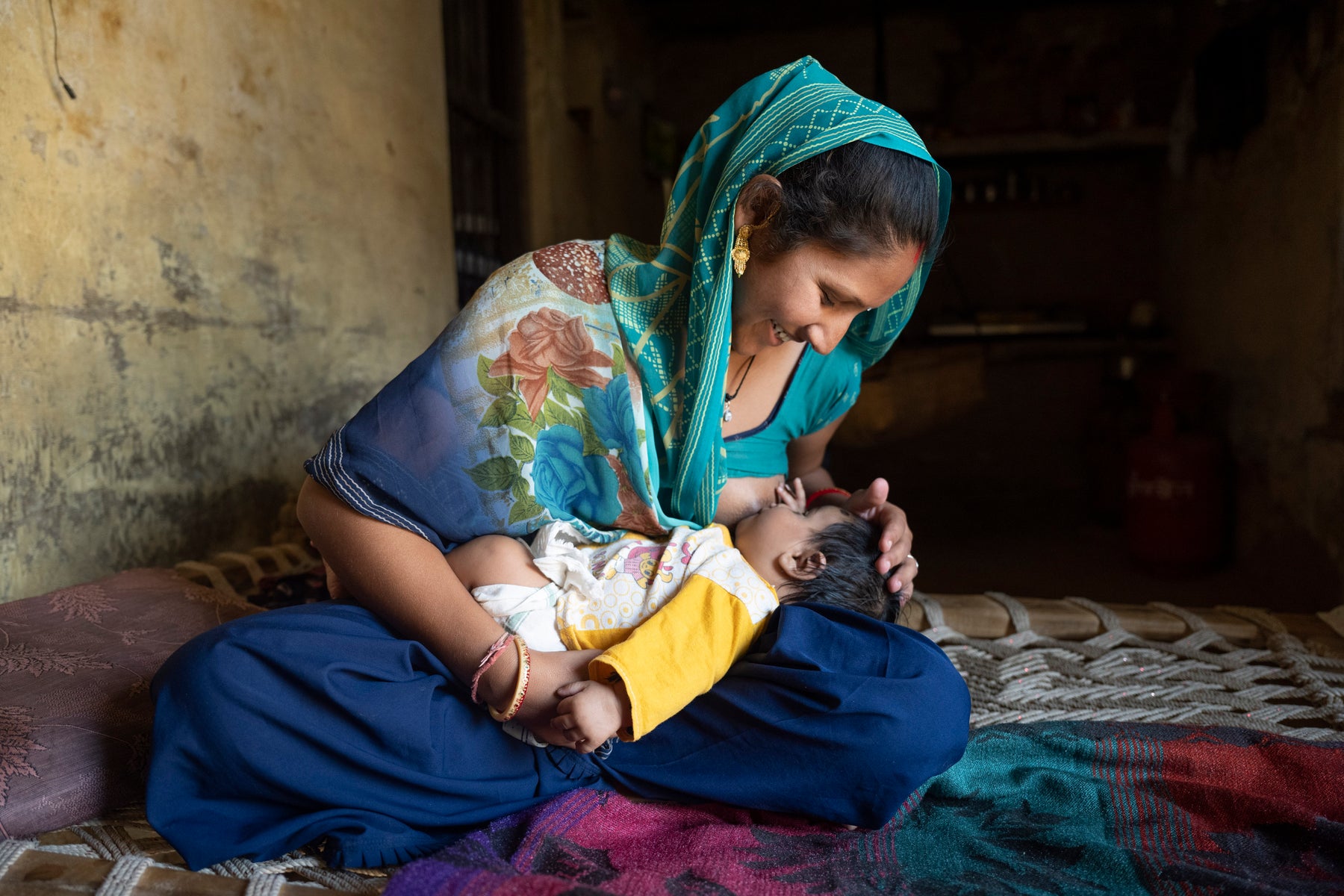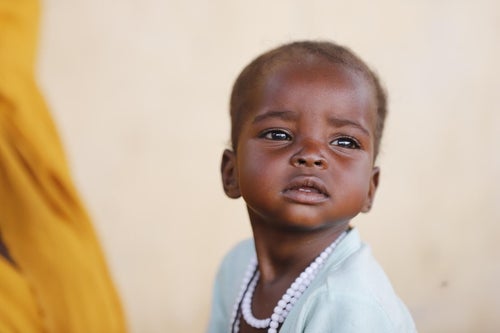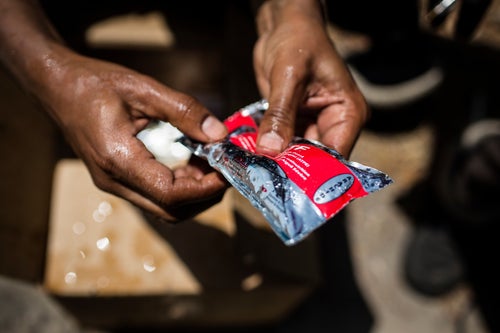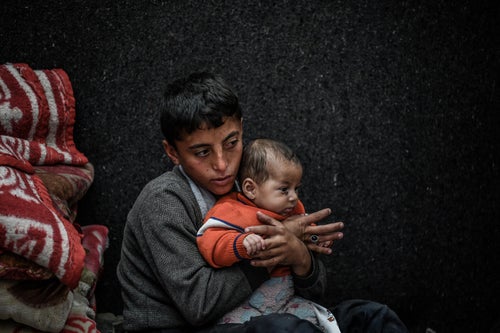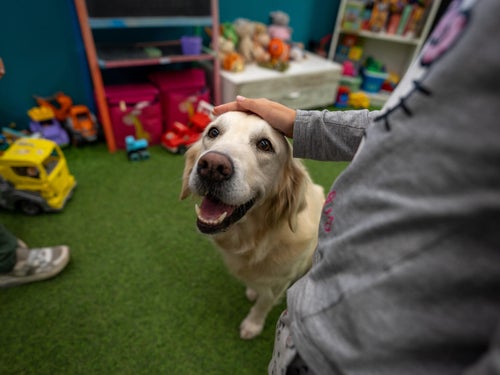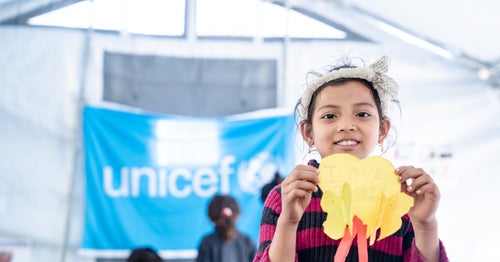Breastfeeding is free, it doesn’t discriminate, it’s safe, it’s supported and backed by a global legal framework. Here’s why women should be supported to breastfeed, and how UNICEF is rising to the global challenge of helping women combine work and child-rearing.
It’s a child’s right
It’s true that women have been breastfeeding for a lot, lot, lot longer than there’s been a United Nation Convention on the Rights of the Child, but the 25-year-old set of children’s rights does set out a child’s right to good health: kicked off with that first breast feed.
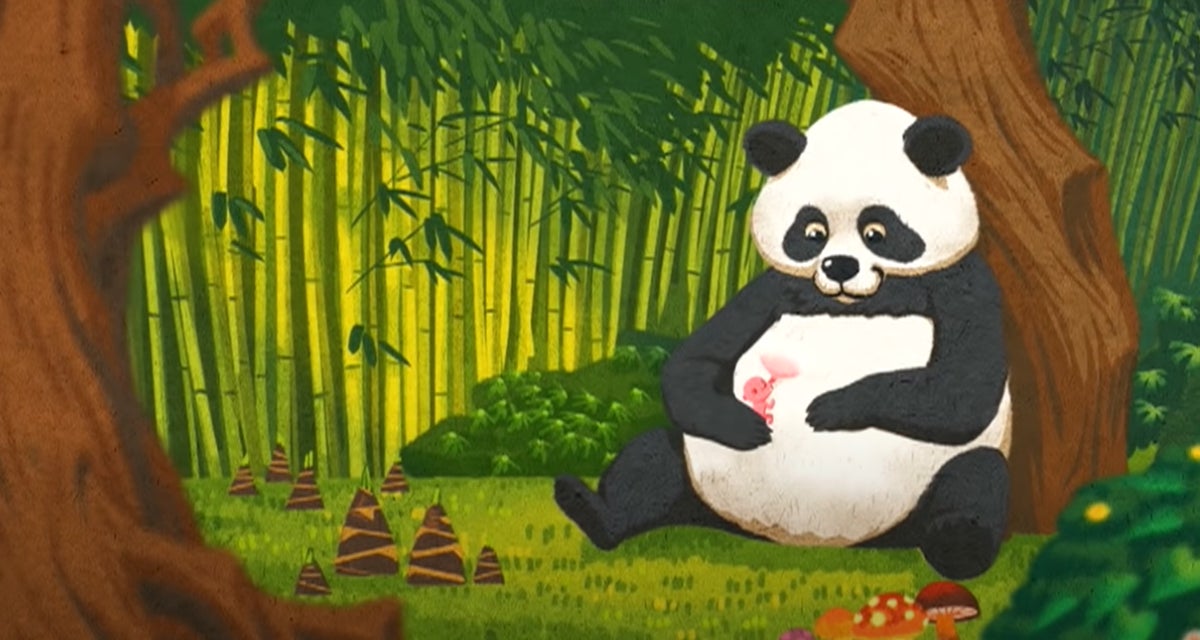
Breastfeeding.
It's natural.
It doesn’t discriminate
Access to breast milk is available to babies regardless of a mother or family’s income, where they live, their racial or social background, where they studied, or their religious choices.
It’s free and it benefits everyone
It’s nutrient rich, good for mum and for bubs, boosts a baby’s future school attendance and even their IQ. There are many products that promise all these things for a newborn, but breast milk is the best product that does all that – and it’s free.
Of all the life-saving interventions for infants, breastfeeding has the most impact and benefit. Breastfeeding can save healthcare systems significant resources due to reduced illness among breastfed babies.
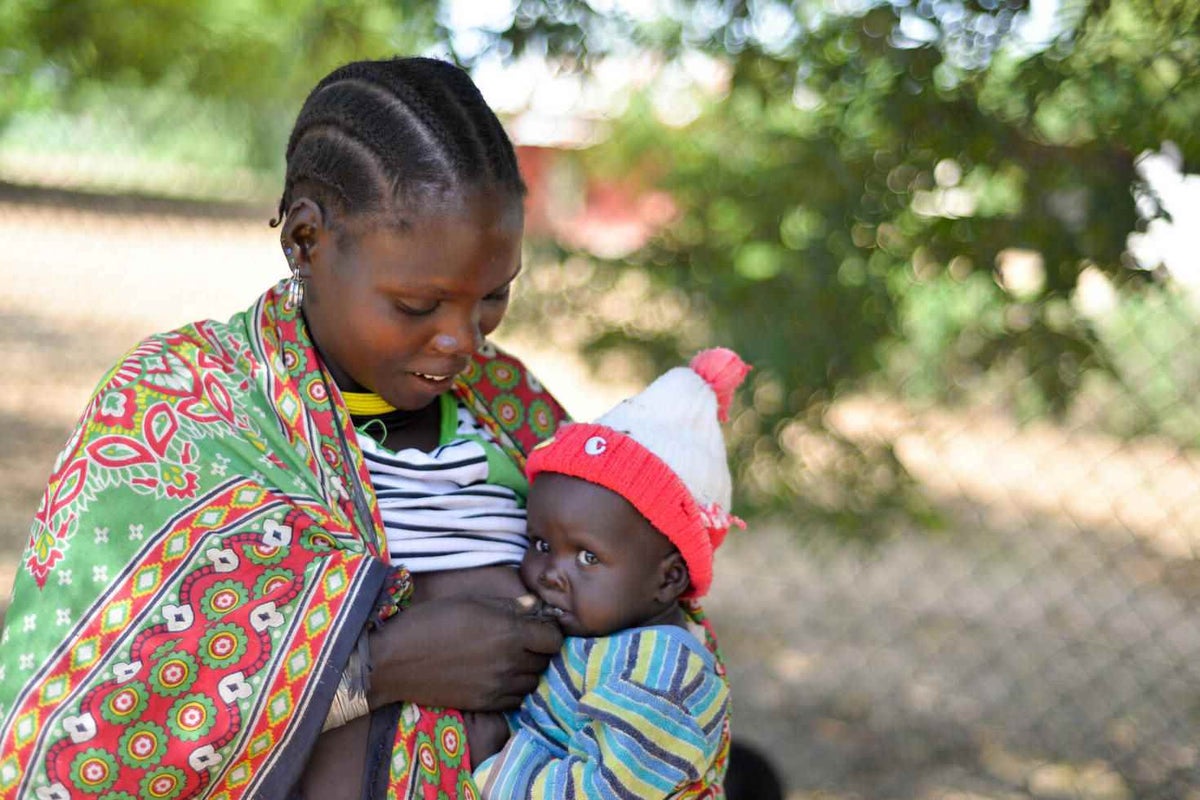
It’s environmentally-friendly
Breastfeeding provides a natural, renewable food that needs no packaging, transportation or cooking, making it environmentally friendly.
It saves babies’ lives
From birth to six months of age, feeding infants nothing but breastmilk guarantees them a food source that is uniquely adapted to their nutrient needs. It’s also safe, clean, healthy and accessible, no matter where they live.
Putting newborns to the breast within the first hour of life – known as early initiation of breastfeeding – is critical to newborn survival and to establish breastfeeding over the long term. When breastfeeding is delayed after birth, the consequences can be life-threatening – and the longer newborns are left waiting, the greater their risk of death.
Globally, less than half of all newborns (48 per cent) are put to the breast within an hour of birth – leaving far too many newborns waiting too long for this critical contact with their mothers. And despite all the potential benefits, only 40 per cent of infants 0–5 months of age worldwide are exclusively breastfed.
Starting breastfeeding in the first hour of life, exclusively breastfeeding for six months and continuing breastfeeding with complementary foods until the child is 2 years old could prevent over 800,000 deaths annually.
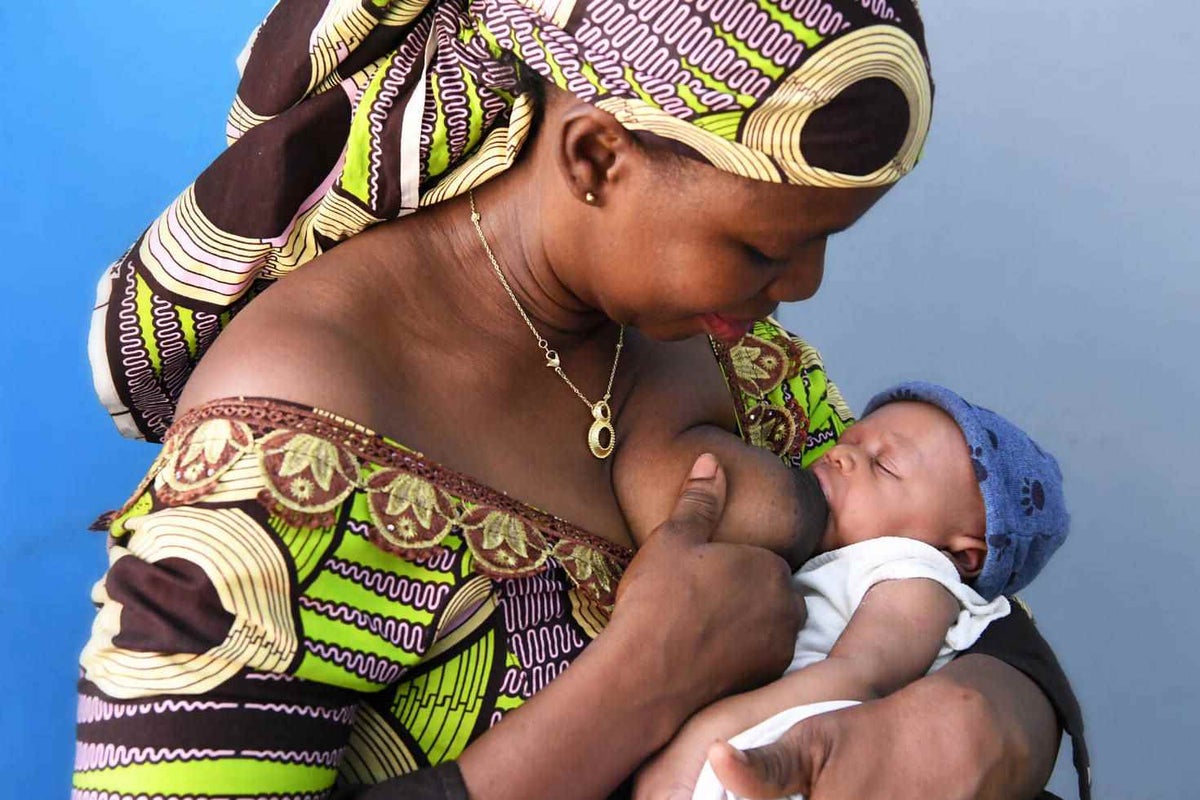
It’s good for mums
Women who breastfeed have a decreased risk of diabetes, breast cancer, ovarian cancer, osteoporosis and some cardiovascular diseases.
It’s supported
UNICEF and its partners advocate for mothers to be supported and feel comfortable breastfeeding. While breastfeeding might appear to be instinctive, it is a learned skill that requires instruction, support and practice. Without it, many mothers give up exclusive breastfeeding – or stop breastfeeding completely.
Rosa has been a midwife for 27 years. She is part of UNICEF’s ‘Midwives Promoting Breastfeeding’ program, to support and protect breastfeeding. In Guatemala, approximately just 29 per cent of deliveries are attended by midwives.
“The hospital is far away so a lot of people look for me,” says Rosa.
“There are mothers who no longer want to breastfeed because they bleed, or they begin to give their children "aguitas" (rice water or other food) but I advise them to only give them breast milk in the first six months because it is the best.”
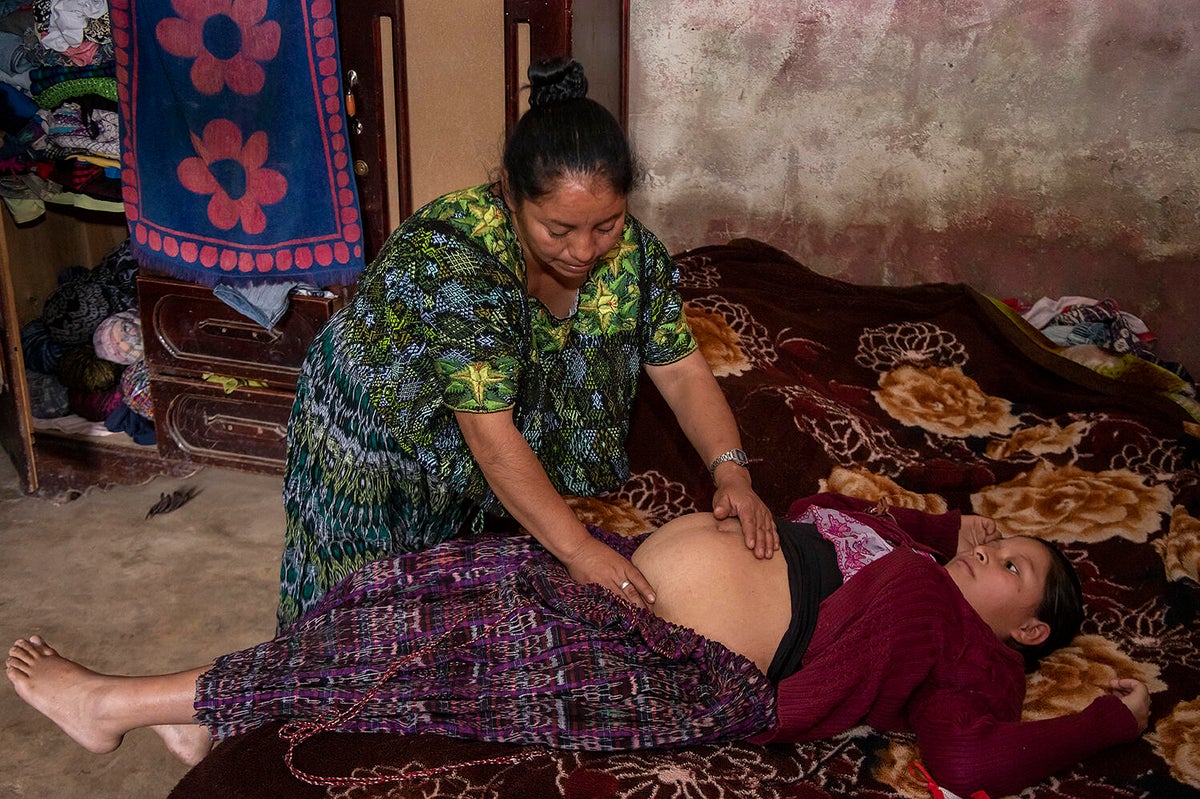
Exclusive breastfeeding is also an essential life-saving practice during crises and emergencies, to protect against communicable disease and undernutrition. UNICEF’s emergency preparedness and response plans include breastfeeding protection, promotion and support.
It’s a win-win
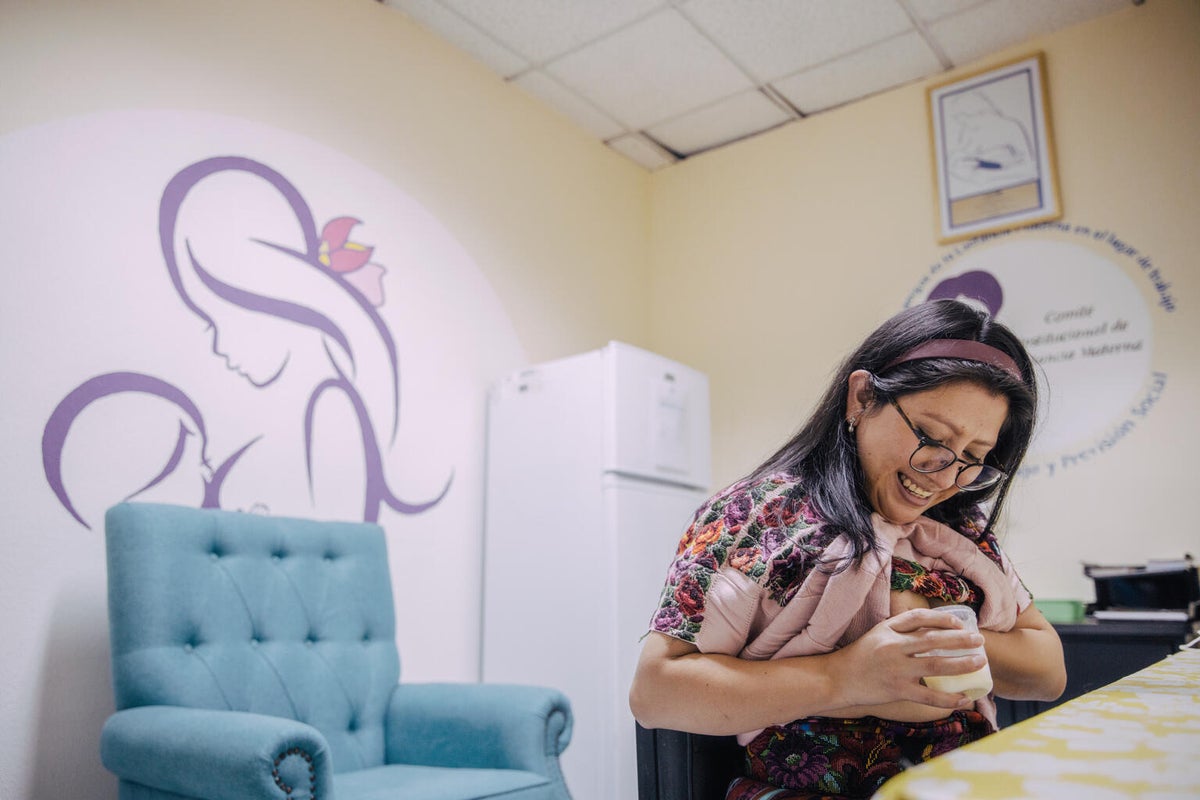
This year, World Breastfeeding Week recognises the importance of enabling breastfeeding for working parents.
In May 2021, UNICEF Australia and Parents at Work launched the Family Friendly Workplaces initiative to introduce National Work and Family Standards for all Australian workplaces, including providing safe spaces where mothers can breastfeed in the office.
What does a family friendly workplace look like?
- The culture is one where working families and carers are supported to combine their work and family life commitments.
- The culture positively impacts the quality of work-life for every family and contributes to the wider health and wellbeing of our society and economy.
- It champions gender equality and makes it easy for men and women to lead productive personal and professional lives, particularly for women who carry the caring load.
- It supports and encourages both work and family commitments.
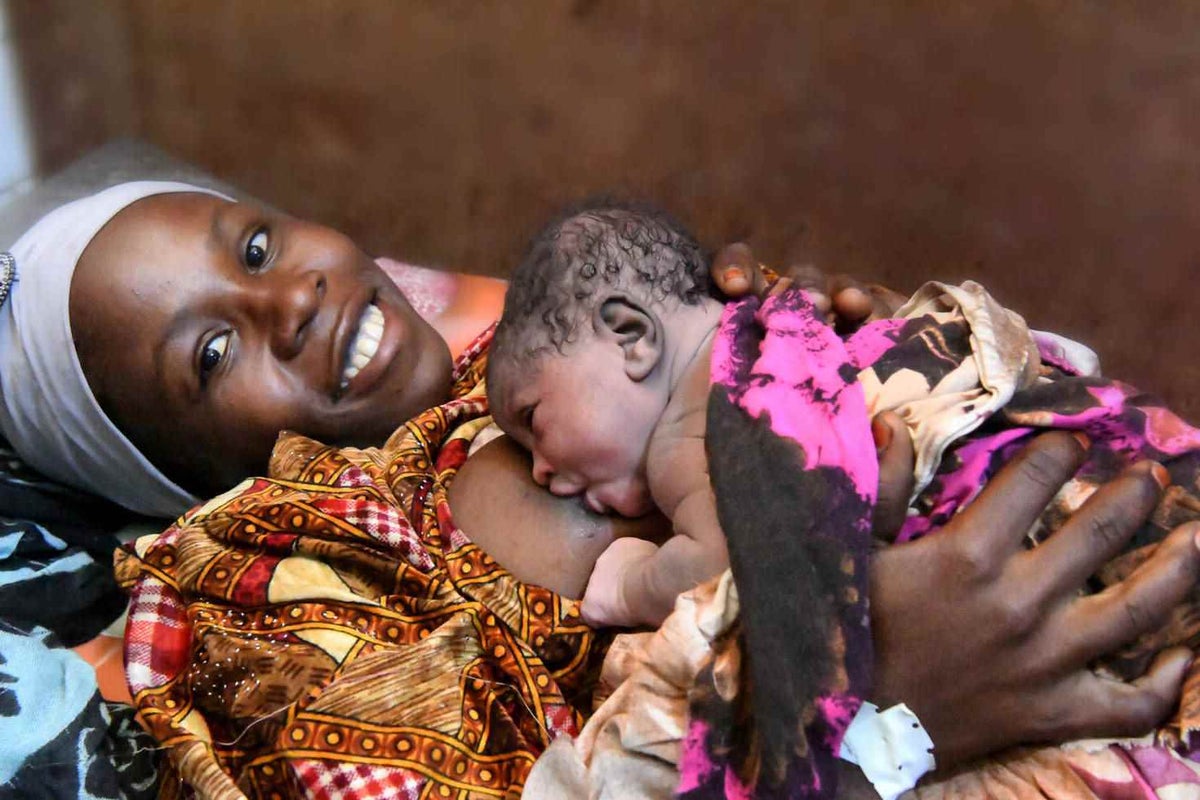
What is UNICEF doing to support breastfeeding?
- UNICEF is advocating for children’s rights. A breastfed baby is enjoying their right to the best start in life. You help UNICEF reach every child in need, especially infants living in vulnerable circumstances.
- UNICEF is working with girls and young women to keep them in school. Educated girls make good decisions for themselves and their children, including a decision to breastfeed. You bring education to children, even in the harshest and most challenging environments.
- UNICEF is educating women on the health benefits for them and their children. You help us reach mothers with skilled birth attendants and post-natal care.
- UNICEF supports the Baby-Friendly Health Initiative in Australia, and around the world, to deliver counselling and education for new mums. This kind of support can increase exclusive breastfeeding rates among children less than six months old by up to 90 per cent. Your donation opens doors for UNICEF to talk to more partners and deliver more results.
- In May 2021, UNICEF Australia and Parents At Work launched the Family Friend Workplaces initiative to introduce National Work and Family Standards for all Australian workplaces. A year since its launch, 70 businesses and organisations have implemented policies that make a real difference for teams and families like inclusive paid parental leave, mental health support and flexibility for carers.
- UNICEF acts to protect mothers and babies in an emergency. Breastfeeding is important to child survival and good health in an emergency. Your quick action supports our rapid response.
- UNICEF works with business, unions, governments and international partners like the International Labour Organisation to change policy that will improve the lives of women and children. You act and give voice to UNICEF’s powerful work for change.
Help us reach more mums
UNICEF is supporting mums throughout the world to protect and nourish their newborns everyday.
As a UNICEF Global Parent, you can help us reach more families with this lifesaving care.
Become a Regular Donor
For every child in crisis.
Related articles
Stay up-to-date on UNICEF's work in Australia and around the world



